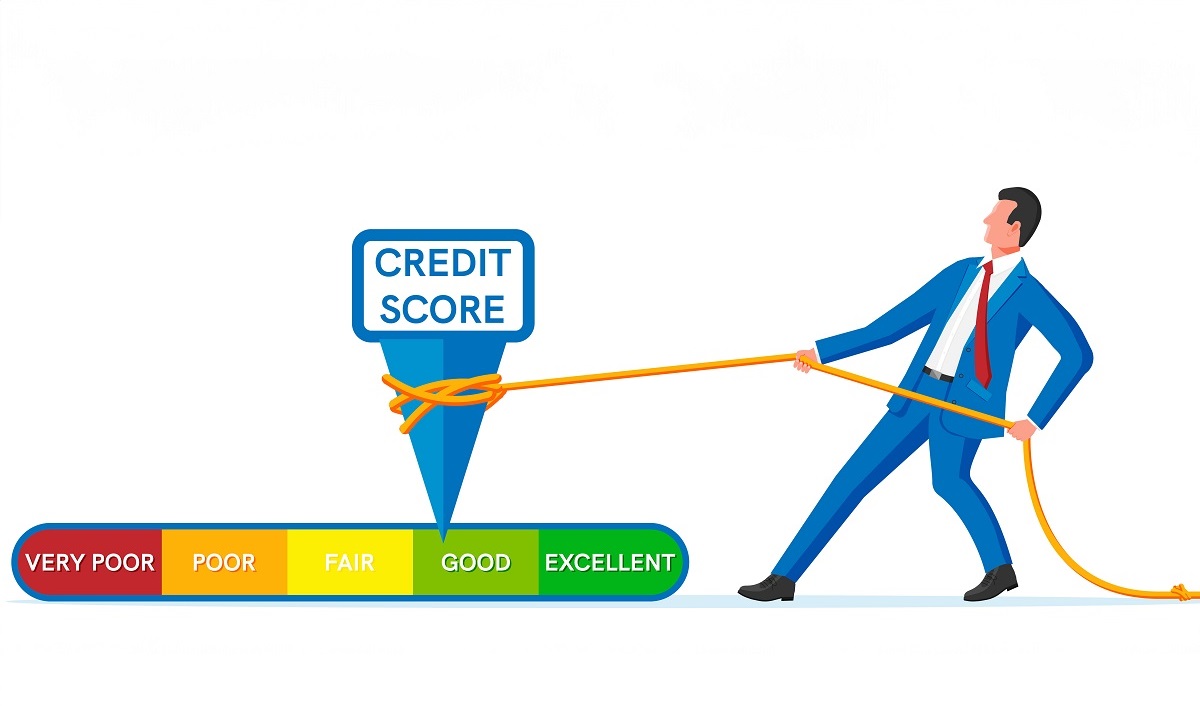Developing good credit is an ongoing process that starts with understanding how credit reporting works. While paying your bills on time is crucial, there are other important steps that can help you establish and maintain a strong credit history and score. By applying these strategies, you’ll be on your way to achieving the creditworthiness you deserve.
1. Check Your Credit Report Regularly
Start by checking your credit report frequently to ensure the information is accurate. Mistakes, both big and small, can negatively impact your credit. Look out for obvious errors like accounts opened under your name without your consent (which could indicate identity theft), but also keep an eye on subtler discrepancies, such as incorrect personal details. For instance, if you recently changed your last name due to marriage, make sure both your maiden and married names are linked to the same credit history, as this could affect your credit evaluation.
2. Build Credit History with Credit Usage
Having a credit history is essential. Without it, lenders won’t have a clear picture of your ability to manage credit. If you’re just starting out, consider getting a secured credit card. Keep the number of open credit accounts minimal and make sure to use them regularly. It’s important to always pay off your balance in full before the due date to avoid interest charges and build your credit without unnecessary costs.
3. Negotiate with Creditors
Maintaining a long-term relationship with your creditors can benefit your credit score. Instead of closing old accounts and opening new ones with better terms, try negotiating with your existing lenders. You might be able to get a higher credit limit, lower interest rates, or even have annual fees waived. This shows a strong history and can boost your credit score without having to juggle multiple accounts.
4. Maintain a Low Credit Utilization Ratio
Your credit utilization ratio (the amount of available credit you’re using) plays a significant role in your credit score. Ideally, you want to use less than 30% of your available credit. If you’re using more than 50%, try to pay down your balances quickly. The lower your utilization, the better it is for your credit health.
5. Pay Bills on Time
Timely payments are crucial. Delayed payments are reported to credit agencies and can significantly damage your credit score. In most credit scoring models, payment history is the most influential factor in determining your score. Even if you’ve missed payments in the past, getting back on track will help you recover. However, continuing to miss payments will result in lasting negative impacts.





0 Comments